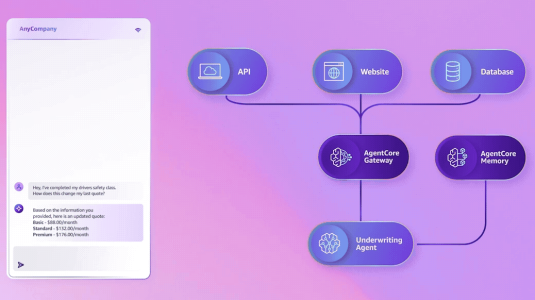Customer-obsessed science


Research areas
-
October 16, 2025Amazon vice president and distinguished engineer Marc Brooker explains how agentic systems work under the hood — and how AWS’s new AgentCore framework implements their essential components.
-
Featured news
-
2025Predicting the user’s shopping intent is a crucial task in e-commerce. In particular, determining the product category, which the user wants to shop, is essential for delivering relevant search results and website navigation options. Existing query classification models are reported to have excellent predictive performance on the single-intent queries (e.g. ‘running shoes’), but there is little research
-
2025Since the advent of large language models (LLMs), prompt engineering has been a crucial step for eliciting desired responses for various Natural Language Processing (NLP) tasks. However, prompt engineering remains an impediment for end users due to rapid advances in models, tasks, and associated best practices. To mitigate this, Automatic Prompt Optimization (APO) techniques have recently emerged that use
-
2025Recently, textual graph-based retrieval-augmented generation (GraphRAG) has gained popularity for addressing hallucinations in large language models when answering domain-specific questions. Most existing studies assume that generated answers should comprehensively integrate all relevant information from the textual graph. However, this assumption may not always hold when certain information needs to be
-
2025This paper presents a novel approach to building automated knowledge banks for Generative Business Intelligence (GenBI) systems, enabling natural language interfaces to organizational data without specialized engineering expertise. We demonstrate how dashboard definitions can be transformed into knowledge repositories that bridge the semantic gap between Large Language Models (LLMs) and organization-specific
-
RecSys 20252025The user cold-start problem remains a fundamental challenge for sequential recommender systems, particularly in large-scale video streaming services where a substantial portion of users have limited or no historical interaction data. In this work, we formulate an attempt at solving this issue by proposing a framework that leverages Large Language Models (LLMs) to enrich interaction histories using user
Conferences
Collaborations
View allWhether you're a faculty member or student, there are number of ways you can engage with Amazon.
View all














































